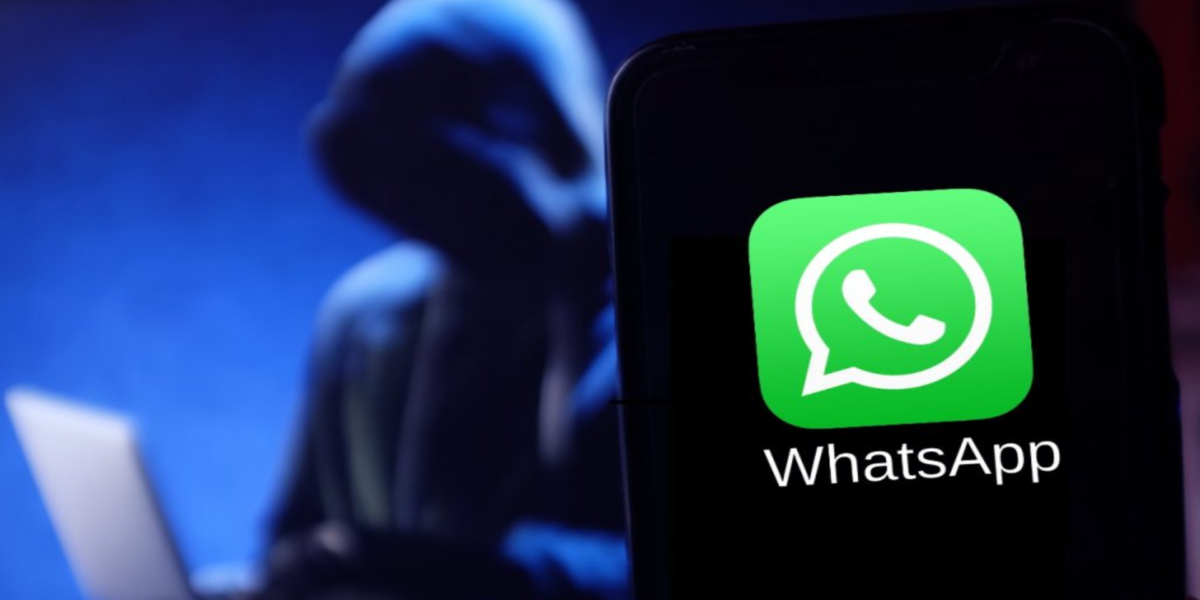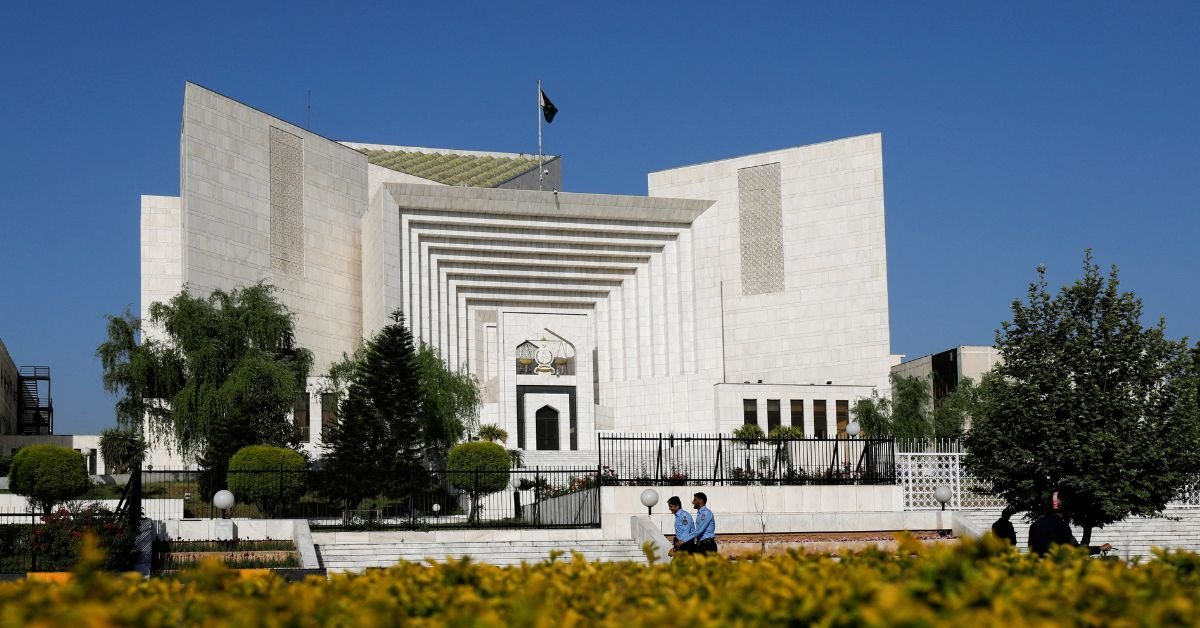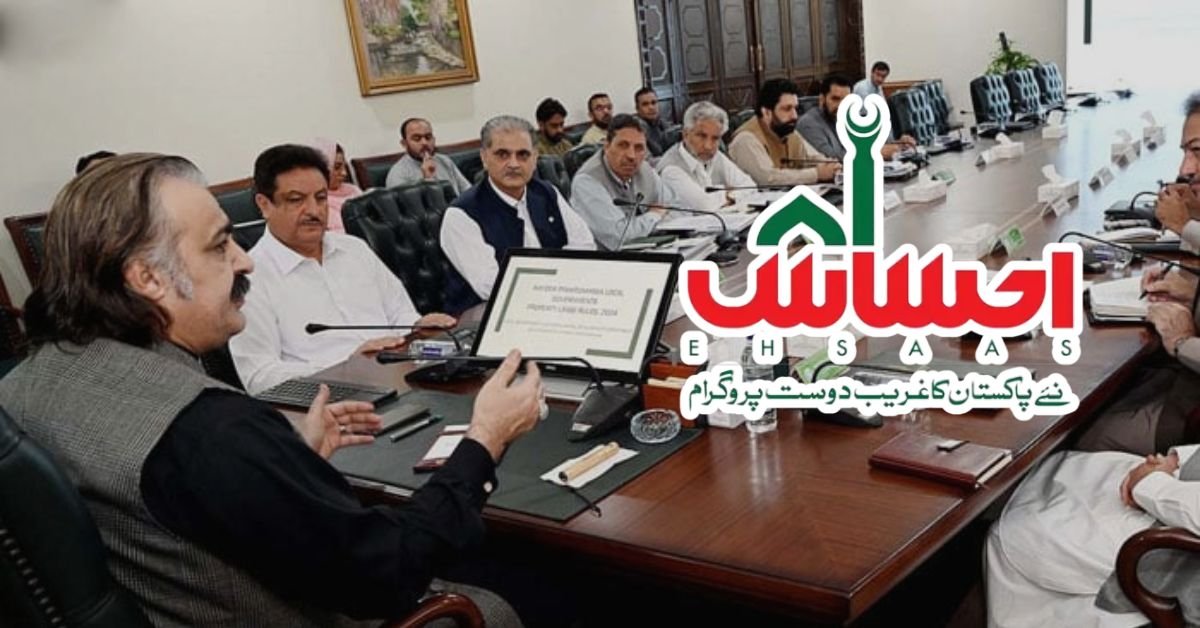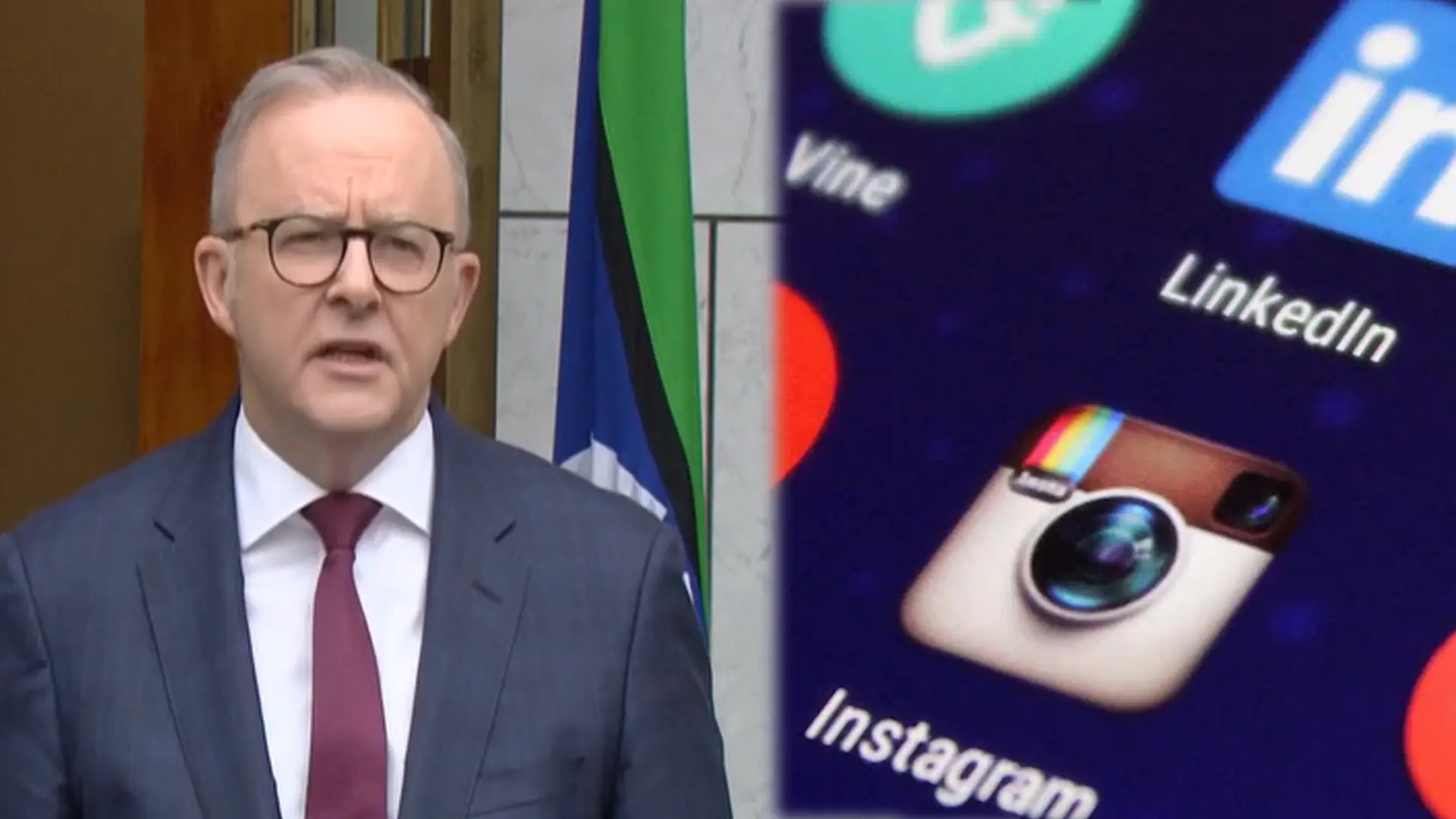KARACHI: A resident of Karachi’s Etihad Town is raising awareness about WhatsApp hacking after his account was compromised and used to send a message requesting money under the guise of his mother’s illness.
Muhammad Umair received a call from his friend Sajid Kamal two weeks ago, inquiring about his mother’s health. Umair confirmed his mother was well, but expressed surprise at the early morning call and the reason behind it.
Sajid informed Umair that he had received a message from Umair’s WhatsApp number during the night, requesting Rs. 50,000 for his mother’s medical treatment. Sajid was unable to send the money due to insufficient funds in his EasyPaisa account and intended to confirm the hospital address with Umair in the morning.
Umair was alarmed to learn about the message, insisting he hadn’t sent it. Sajid then sent a screenshot of the message, which originated from Umair’s number and included his profile picture.
Umair immediately reported the incident to the authorities and warned his friends about the compromised account. He advised them not to send money if they received similar messages and to contact him directly.
Rise in WhatsApp hacking cases in Pakistan
This incident highlights a growing trend of WhatsApp hacking in Pakistan. According to Asif Iqbal, Deputy Director of the Cyber Crimes Wing of the Federal Investigation Agency (FIA), there has been a surge in such cases recently. Iqbal emphasizes the importance of two-factor authentication to protect WhatsApp accounts. He explains that in most cases, users unknowingly provide hackers with the necessary verification codes, allowing unauthorized access.
Read More: Scientists successfully develop diabetes cure drug
Iqbal assures that hacked accounts can be recovered, but user awareness is crucial. He advises users to report compromised accounts immediately and attempt recovery through their SIM cards after a few hours. The FIA portal allows users to file complaints and potentially avoid financial losses.
Social media users vulnerable to hacking
Noman Syed, a cybersecurity expert, points to the increasing number of social media users in Pakistan, particularly those new to the platforms. He explains that new platforms often attract users with features that may inadvertently lead them to share sensitive information with hackers. Malicious links disguised as genuine content are often shared within groups, tricking new users into clicking and exposing their information.
Syed highlights several cases where user accounts were compromised through seemingly harmless links. He advises users to exercise caution with links received from unknown numbers and avoid opening suspicious Excel files that could potentially steal personal data.
FIA receives complaints of account misuse
FIA officials report numerous complaints regarding the misuse of social media accounts to damage reputations and commit online scams. These cases often involve victims unknowingly sharing confidential information or falling prey to fraudulent offers for cheap goods.
The FIA emphasizes that various applications have established recovery processes for hacked accounts and allow users to report fake accounts impersonating them.
Government whorking to address hacking
Former Federal Minister for Information Technology Syed Aminul Haq acknowledges the growing number of social media hacking incidents and assures that efforts are underway to address the issue. He highlights the user behavior of readily clicking on suspicious links as a major contributing factor. The Ministry of IT is collaborating with relevant entities to tackle the problem, and the National Assembly committee is actively involved in proposing solutions.
This incident serves as a reminder for social media users to exercise caution online, be wary of unsolicited messages, and implement strong security measures to protect their accounts.

